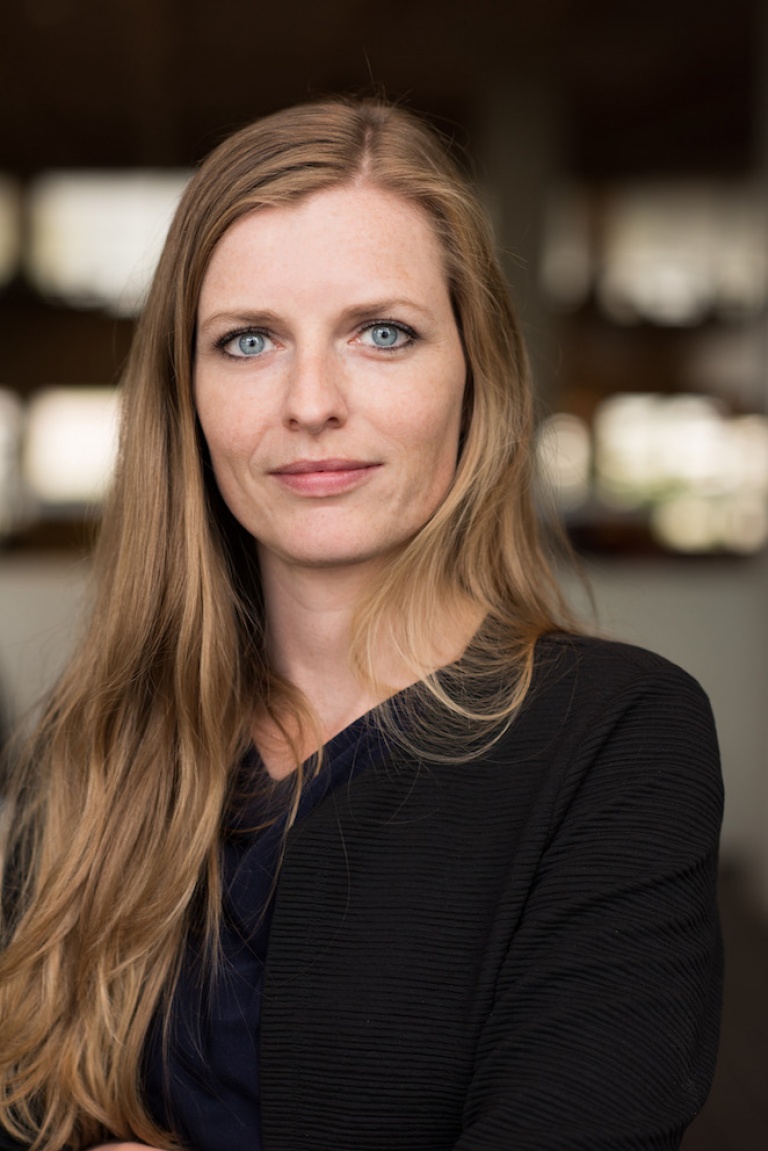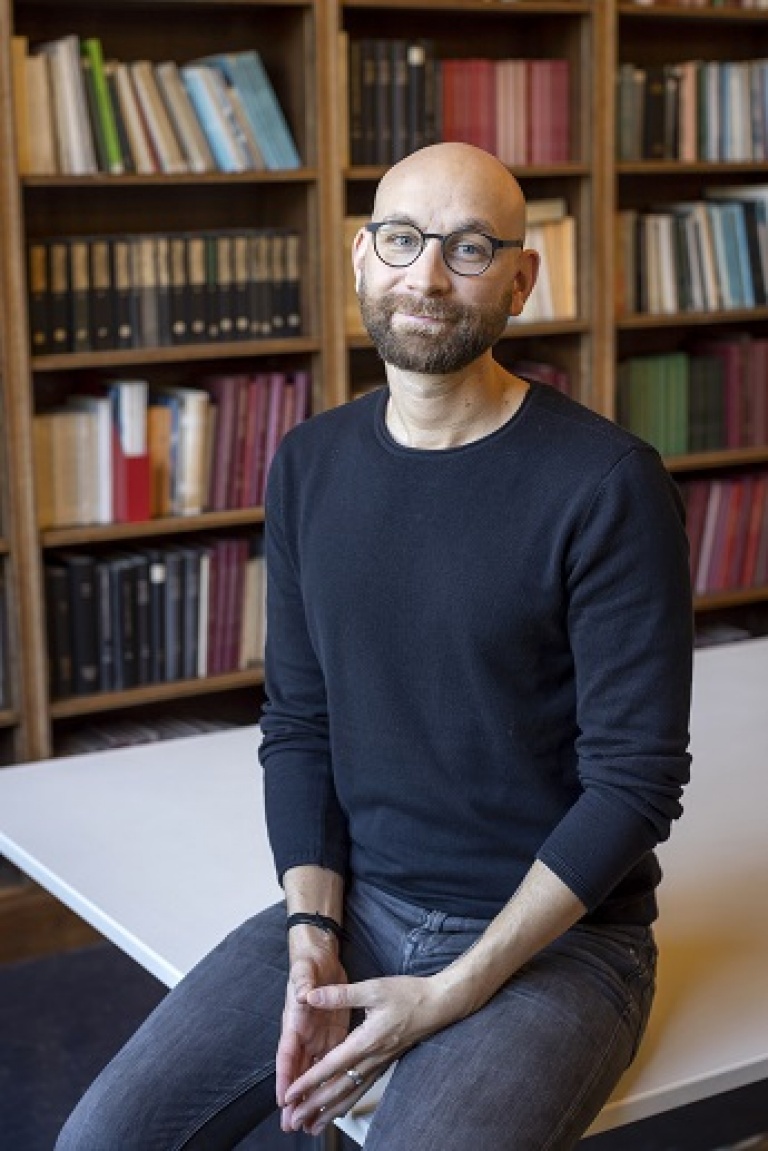NSMD researchers Janna Cousijn (UvA) and Eiko Fried (Leiden University) received a Starting Grant of the European Research Council (ERC) - they are each awarded €1.5 million. With this grant, Fried aims to develop a tailored personalised early warning system that forecasts depression reliably before it occurs. Cousijn hopes to uncover both common and unique mechanisms of addiction risk and resilience, that can ultimately improve treatment. Congrats Janna and Eiko!

Janna Cousijn
Cousijn’s rewarded project is called ‘Aging Brain Matter: A Developmental Key to Addiction Risk and Resilience’. During adolescence, we see a sharp increase in alcohol and cannabis problems, but also remarkable recovery rates, as most adolescents at some point cut down or stop without treatment. Brain development probably plays an important role in this, and in particular the unique social sensitivity and learning flexibility of adolescents. However, we still know too little about this and comparisons between adolescents and adults are largely missing. “I will follow adolescent and adult alcohol and cannabis users for three years. My focus is on both social and cognitive processes and I will gradually develop new methods to map brain processes and behaviour. By studying similarities and differences between adolescents and adults, I hope to uncover both common and unique mechanisms of addiction risk and resilience, that can ultimately improve treatment.”
Janna Cousijn is member of Team Cognitive Control.
Eiko Fried
Fried hopes to radically transform the science of depression detection with his research. Depression is common, debilitating, and often chronic. Experts agree that prevention is the most effective way to change depression’s global disease burden, but the biggest barrier to successful personalised prevention is to identify those at risk for depression in the near future. “My ERC Starting Grant tackles this challenge by aiming to develop a tailored personalised early warning system that forecasts depression reliably before it occurs, promising to radically transform the science of depression detection.” To do so, he will follow 2,000 individuals over 2 years, and integrate emerging theoretical, measurement, and modelling approaches from different scientific fields. These include complex systems theory, mental health measurement via smartphones and smartwatches, as well as network models and machine learning. You can find a 4-minute video on his grant here, and a more detailed blog post about it here.
Eiko Fried is member of both Team Network and Team Communicating Networks.
